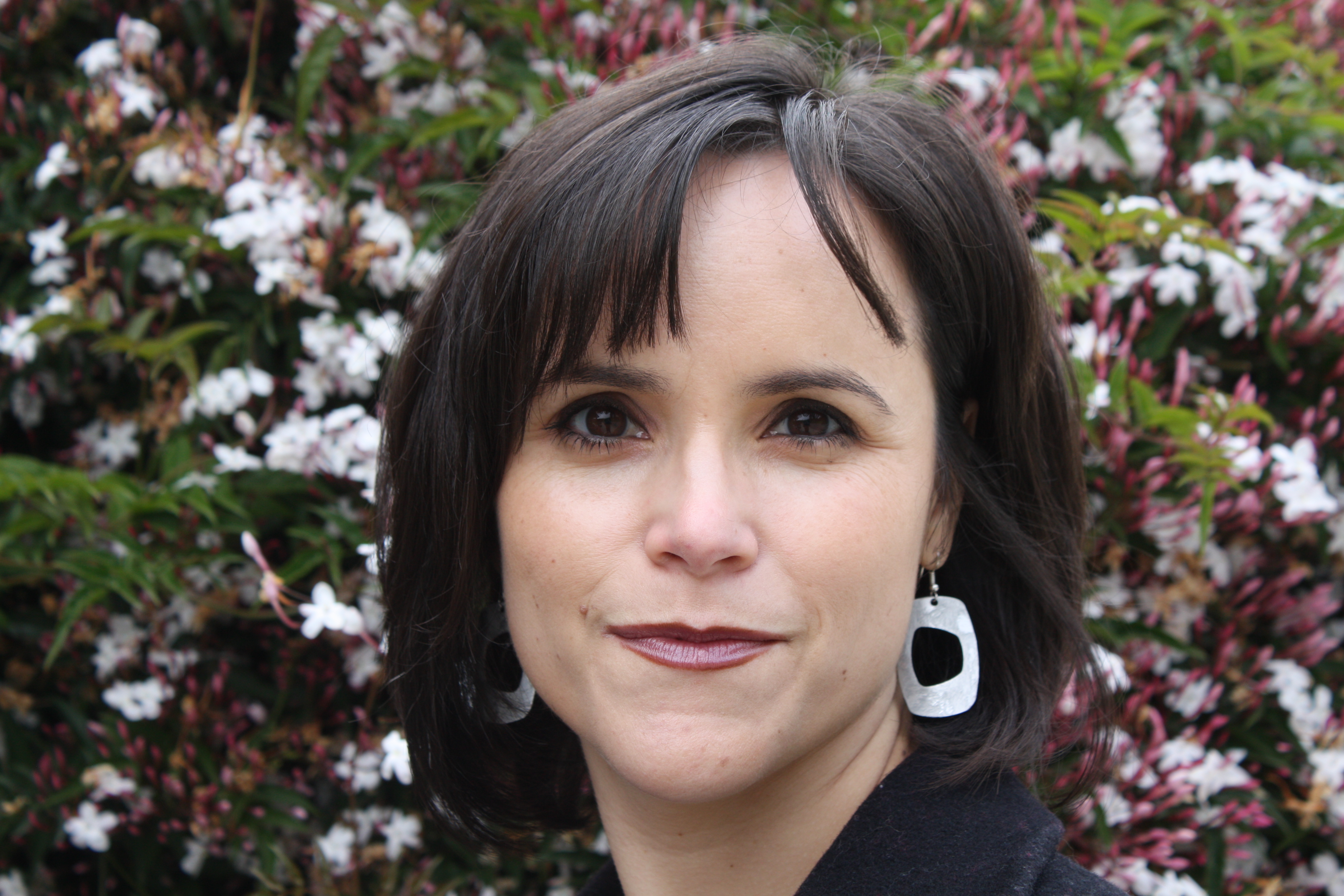
Lisa García Bedolla is Chancellor’s Professor at the University of California, Berkeley. She received her Ph.D. in political science from Yale University. She studies why people choose to engage politically. She has used a variety of social science methods – participant observation, in-depth interviewing, survey research, field experiments, and geographic information system (GIS) – to shed light on this question. She uses the tools of social science to explore the causes of political inequalities in the United States, considering differences across the lines of ethnorace, gender, class, geography, sexuality, et cetera. Professor García Bedolla believes an intersectional approach is critical to recognizing the complexity of contemporary U.S. politics. She has consulted for campaigns, ballot initiatives, and national funders and has partnered with over a dozen community organizations working to mobilize low-income communities of color.
She is author or co-author of three award-winning books and over thirty articles and book chapters exploring these questions, earning five national book awards and other awards. Her books include, with Melissa Michelson, Mobilizing Inclusion (Yale University Press, 2012), Latino Politics, 2nd edition (Polity, 2014) and Fluid Borders (University of California Press, 2005). She is the only person ever to have won APSA’s Ralph Bunche Award twice.
Over the course of her career, she has been very active within APSA, serving on the Nominating Committee, as co-Chair of the Committee on the Status of Latinas y Latinos in the Profession, as a member of two APSA Presidential Task Forces, as co-President of the Women and Politics Research Section, as Program Chair for the Women and Politics and Race, Ethnicity, and Politics (REP) Sections, on the executive committees of the REP and Public Policy sections, and on six award committees.
Statement of Views:
I believe that APSA plays an important role in fostering a vibrant and inclusive intellectual community within political science. I am interested in serving on the APSA Council in order to help the association find ways to deepen and enhance that community, making it more welcoming of scholars from different types of institutions, who engage in research from diverse epistemological and methodological vantage points, and who come from different backgrounds. It is important that members of the Council be mindful of the power dynamics within our profession and work to craft policies that address the needs of the many constituencies that make up the association.